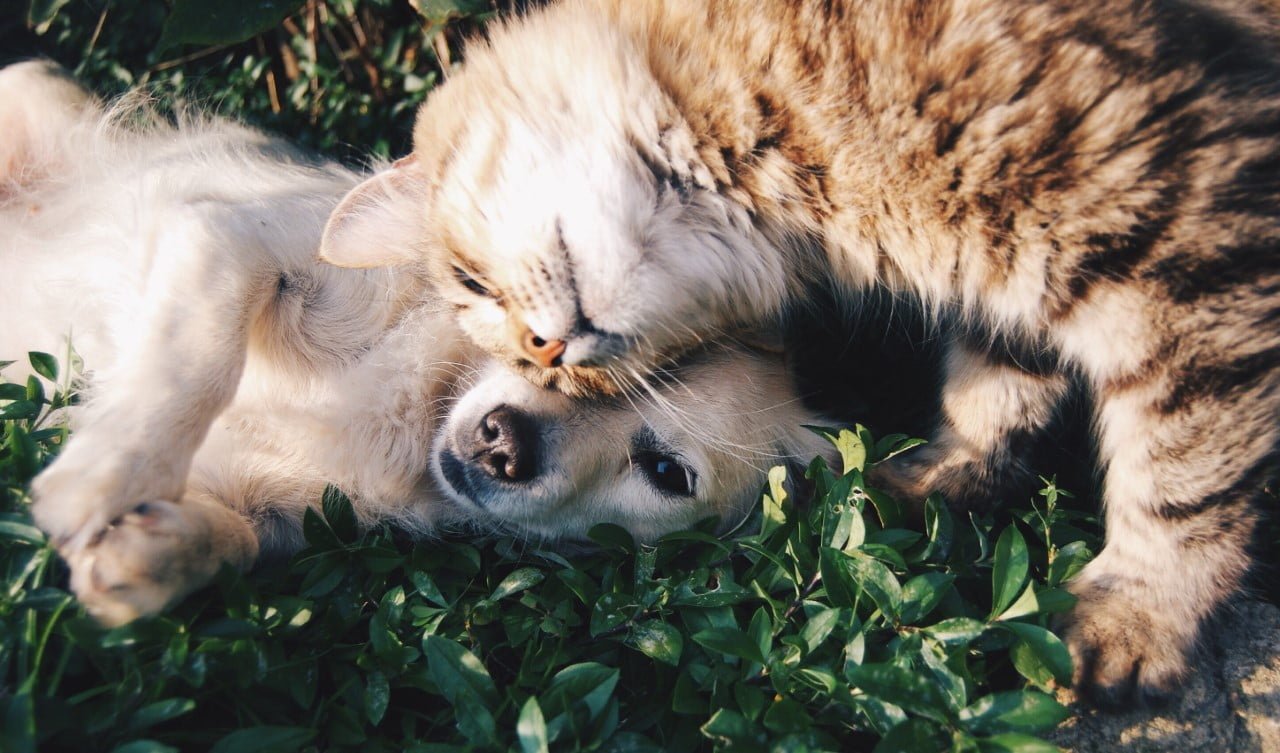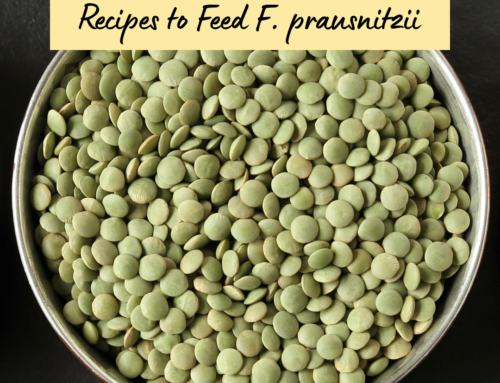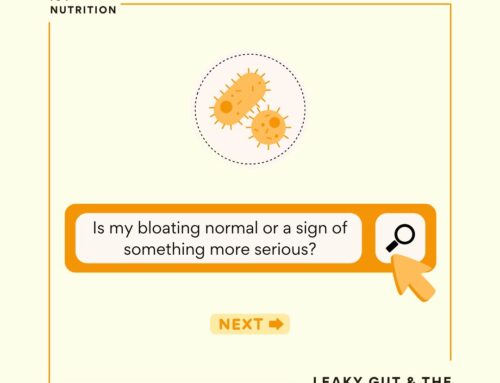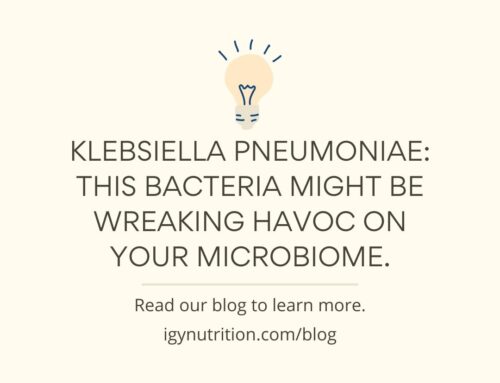If you’re thinking about adopting a pet, this blog will add some paws-atives to your pros and cons list.
Did you know pets can positively influence the gut microbiome? Surprising, right?
Take a look at the science behind this with us.
Probiotics and Pets
Intestinal health has been linked to practically every aspect of health. The types of microbes that reside in your gut play a role in all of your body’s systems.
You’ve most likely heard of a variety of strategies for increasing the number of beneficial microbes living in your gut, like eating fermented foods or taking probiotics.
We’re here to put another one on the table: owning a pet.
Exposure to pets or farm animals can increase microbiome diversity and the number of beneficial microbes already living in your gut. Several studies have demonstrated that pet owners’ microbiomes tend to be more diverse than those who do not own pets.5
Modern life keeps us indoors much more than we were designed to be. Contacting animals, who are often outdoors, exposes us to microbes we wouldn’t typically encounter indoors.
Pets influence children’s microbiomes more significantly than adults’ microbiomes.5 A prospective analysis of 7,000 American households showed that exposure to dogs and cats within the first two years of life was associated with a lower risk of allergen sensitivity during childhood.7
Balancing the Bugs
The benefits associated with pet exposure during the first few years of life are thought to be due to the pets’ conferral of a few specific types of beneficial bacteria, including Ruminococcus and Oscillospira.7
Ruminococcus is a beneficial microbe. It is a member of the Firmicutes phylum (a category of bacteria), which are inversely associated with food sensitivities at one year of age.7
Oscillospira is associated with lower body mass (in both infants and adults) and healthy levels of other metabolic biomarkers such as cholesterol, triglycerides, glucose, and blood pressure.7,8
Pets also appear to reduce certain strains of harmful bacteria, such as Streptococcaceae and Enterobacteriacacea.7
Lower numbers of Streptococcaceae may prevent group B Streptococcus (GBS) infection in infants, which is responsible for various virulent illnesses in newborns.7,9
Being around pets also seems to reduce the harmful microbe Enterobacteriaceae, which is from the Proteobacteria phylum.7,10,11 Enterobacteriaceae contribute to gut inflammation and are commonly found in individuals with inflammatory bowel disease, type two diabetes, obesity, and other diseases. 7,10,11
Go fetch … better health
Along with diversifying the microbiome, pets provide several other physical benefits, like weight loss and improved blood pressure levels.4 This makes sense since dogs need to be walked. Their upkeep requirements can help increase pet owners activity level naturally.
Mutts for your mind
Pets do directly impact the microbiome – but they indirectly improve our health in other ways.
Have you been feeling the impact of the lack of human interaction during the pandemic? You’re not alone. A recent study has shown that interest in dog adoption has skyrocketed during the pandemic.1 And for good reason!
The feeling of attachment associated with owning a pet has been shown to mitigate loneliness and the harmful mental and physical health effects isolation generates.2
Along similar lines, particularly among the elderly, pet ownership strengthens owners’ ability to cope with hard times, such as losing a job or a loved one.3
And who doesn’t feel calm just by petting the soft fur of their loving cat or dog? The list of pet-associated mental and physical health benefits could go on forever, it seems!
Pets are not only good for our physical health – they bolster our mental health too.
The Doggy Bag
Whatever your animal preference or age, the benefits of owning a pet are endless.
Taken with research exemplifying the health benefits of being around pets, maybe now is the time to head to the shelter – just be prepared for plenty of smiles, wagging tails… and a sense of well-being!
Tag us in a selfie with your pet on Instagram @igynutrition to show us how your gut health journey is going!




